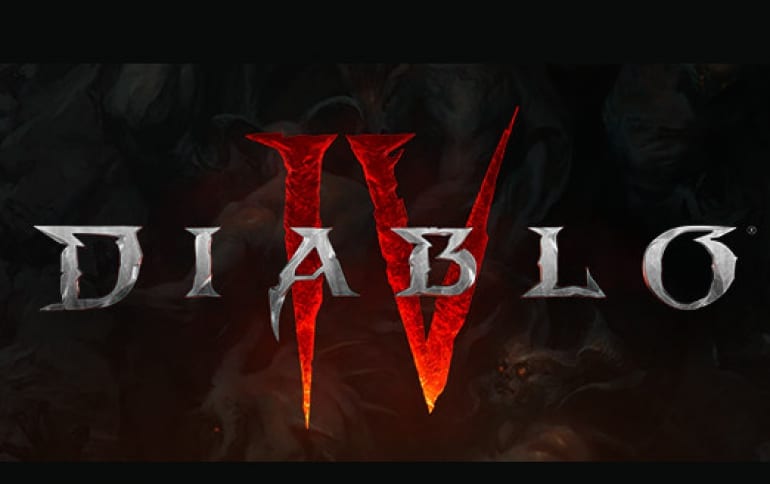Enkele Bobo’s van vooraanstaande developers hebben in het Japanse tijdschrift ‘Toyo Keizai’ hun visie gegeven over de next gen consoles. Ze doen het niet af in een zinnetje dus ik zou zeggen pak even wat te drinken, en lees het maar een rustig door best wel intressant.
Youichi Wada, president van Square Enix:
QUOTE
“E3 was all about next-generation console specs. That’s important, but what’s also important is the kind of [online] services that will be provided. Microsoft is the only one that presented a service model with Xbox Live. They’re one step ahead in that point….Whether we like it or not, [publishers] will need to completely change our corporate structure, development methods, and sales methods. The market will become larger, but [publishers] won’t succeed unless they understand the changes in the market, and have the ability to adapt to them. There are only a few major companies in the movie industry. Companies in the game industry will also consolidate into a limited number of major publishers. The appearance of the next-generation game consoles will be the momentum behind the change.”
Michihiro Ishizuka, president van Konami:
QUOTE
“[We will] provide one or two flagship titles for each machine, which will take advantage of their capabilities as next-generation consoles. Most of the titles that don’t require full use of technology will be released on multi-platforms, including PC. We will need to narrow down on the number of titles that we release. We will release a new Metal Gear as a flagship title for the PS3 and are developing an original product for the Xbox 360. On April, we absorbed our three development studios that are listed in the stock market, which has allowed us to prepare for development for the next-generation consoles. Our aim has been to create a framework where we can share our knowledge base, and strengthen on the development towards major titles.”
Yoichi Haraguchi, vice president van Namco:
QUOTE
“Our business merger with Bandai will allow use to supplement each other. Our game genres do not collide, so our core users won’t overlap. One thing that’s very clear about the next generation of consoles is that development costs will be extreme. Up until now, we spent a lot of effort drawing the graphics, but with the next-generation consoles, everything–such as explosions–will all be done with calculations. The method of development will change. The volume of programs will increase, so porting titles to other hardware will become difficult. Characters’ [facial] expressions will be more realistic, so if the translations are wrong, it will look weird to people playing in other languages. The localization will cost more than before. From our past experiences [with consoles], we believe that one winner will take all in the Japanese market, and the publishers will have to go with that winner. The American market will be a race between multiple consoles. The European market will fall between Japan and America.”
Masanao Maeda, senior executive manager van Sega:
QUOTE
“There’s no mistake that development costs will increase for next-generation consoles. But Sega doesn’t see it as a big risk. The competitive landscape will dramatically change during the shift to the next generation consoles, so it will be a big chance [for us]. Sega stopped producing its own console in 2001, so we were about two years late in entering as a game publisher. That had its effects until the end. This time, it will be a chance for us since we can start from the beginning. For the past number of years, we have released Japanese-developed games in the overseas market. While some of the games were hits, many Japanese games don’t sell overseas. Our basic strategy is to develop games for the overseas market. We have already established a structure for that. We aim to become one of the top three [publishers] in both America and Japan. It may be seen as difficult, but Sega is still an acknowledged brand in America, so it should be a smooth road.”
Kiyoshi Komatsu, president van Koei:
QUOTE
“The entertainment industry will grow with the appearance of the next-generation consoles. When looking at a worldwide scale, the market will continue to expand. In addition to Japan, America, and Europe, the market in China, India, and Eastern Europe will grow in the future. We should welcome a situation where there’s multiple gaming platforms, including PC. Hardware makers and software makers grow up the market together, but their interests can clash with each other, such as with licensing fees. It’s not a good environment when one [console] maker has monopoly over the market. It’s best to have a situation where publishers have the option of choosing another console if one company isn’t favorable. Development costs will rise with the appearance of the next generation consoles, but there’s no way that raising costs by 10 times will also raise profits by 10 times. Therefore, it’s important to have control over development. We have the knowledge required for development management, and in addition to that, we will also strengthen our development in overseas [studios]. Whereas other publishers will need to increase their development funding by two times, we will create a [development] structure where we can do it with just an increase of 10 percent.”
Toch wel een aantal interresante uitspraken, dat microsoft heel sterk staat met het online gebeuren, what els is new? Sony heeft nog niet het acherste van hun tong laten zien, het zelfde geld voor Nintendo. Maar tussen de regels door lees je dat er minder games gaan uitkomen maar wel kwalitatief betere,(hopen we) en het poorten van het ene systeem naar het andere moeilijker wordt.
Kleine developers, zullen waarschijnlijk het loodje leggen, of als ze willen overleven moeten ze zich laten opslokken door de groten in de branche.
Omdat de facial animations beter worden zal het overzetten naar verschillende talen duurder worden, anders krijg je dat comische effect van Japanse film die Engels zijn ingesproken. Je weet wel , de mond van diegene die iets zegt staat al stil en de engelse stem, zegt nog een halve zin.
Wat al bekend is dat games door al dit soort zaken duurder zullen gaan worden, en dat is geen goede ontwikkeling, aan de andere kant komen er misschien kwalitatief iets meer goede games en minder bugetbaktroep. Al met al zullen er wel een aantal dingen gaan veranderen en zal zoals het nu gaat, in de next-gen niet meer van toepassing zijn.





